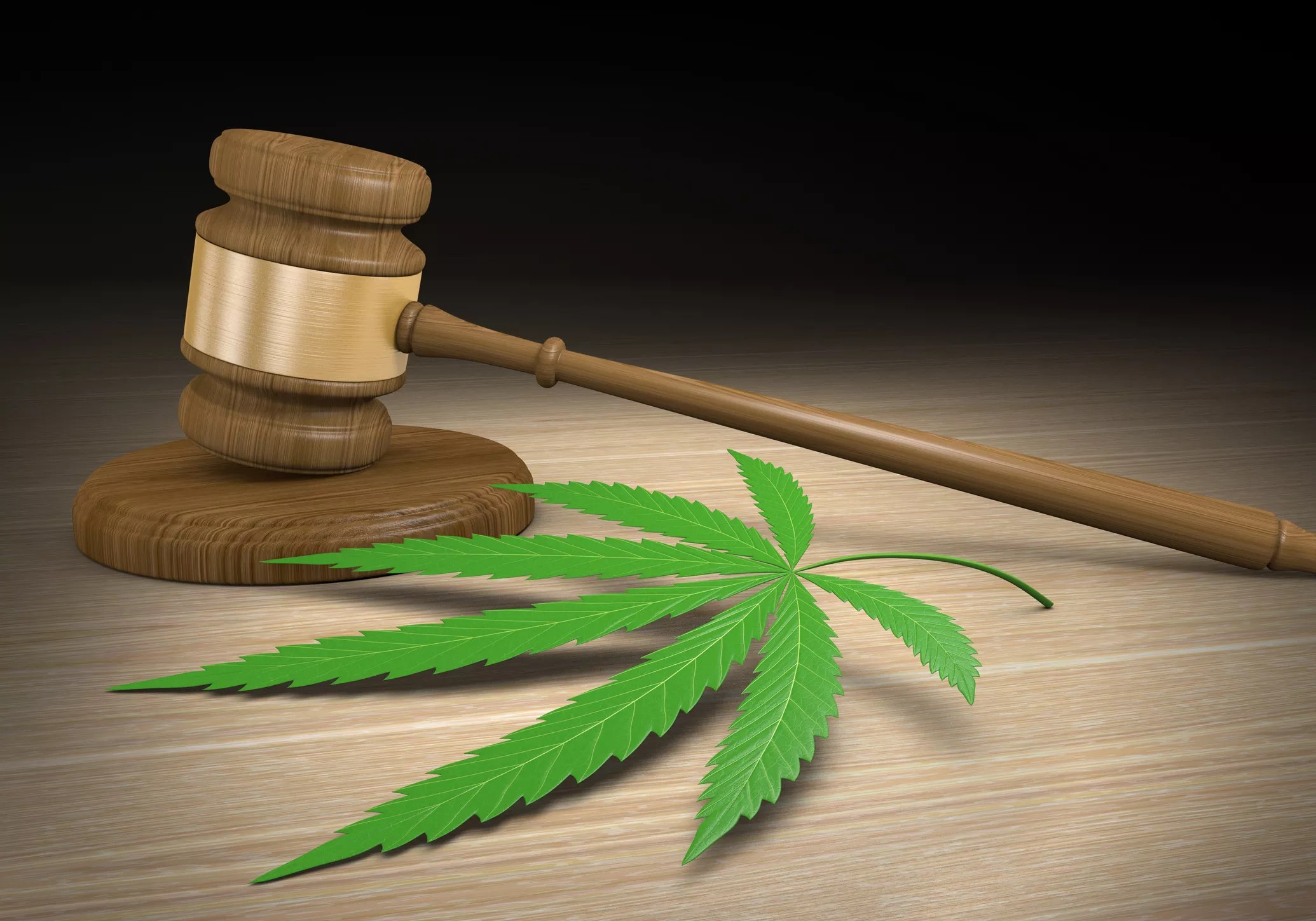
Kagenmi / iStock

Audio By Carbonatix
Authorities in Tarrant County filed 3,750 misdemeanor cases for possessing small amounts of marijuana last year, making it the most frequently charged offense. Sharen Wilson, the county’s district attorney, is highlighting a policy that drops possession charges against people who can stay clean for three months. The policy hasn’t been used much despite being in effect for a little over a year.
“The most important thing to me is that a person who is using marijuana at a low level learns what it is to be sober, and that sobriety is the beginning of rehabilitation,” Wilson said. “And when we recognize that, we will have achieved one of the goals of the criminal justice system, which is rehabilitation.” (Editor’s note: We know. Words fail us.)
The DA also launched a diversion program earlier in November for low-level drug charges. Under the program, individuals can get their charges dropped and slate cleaned if they stay sober for six months, take a class and cough up 300 bucks. The program, the Deferred Prosecution Initiative, can be applied to misdemeanor and felony THC charges, as well as some controlled substances, not including heroin and fentanyl. To be eligible, you must be a first-time offender and not commit any other crime while in the program. The county has had a similar program for people under 25 since the ’70s.
“It’s being painted in this light as being a moral crusade, but I’ve got to tell you, there’s nothing moral about putting sick people in jail for using a natural medicine.” – Shaun McAlister, DFW NORML
The hope is that these programs will help with the backlog of cases that have piled up since the pandemic.
Shaun McAlister, the executive director of DFW chapter of the National Organization for the Reform of Marijuana Laws, says this is what the kinder, gentler drug war looks like: jail, fines or forced rehab for possessing a weed. “It’s still a war on people using cannabis,” McAlister said. “It’s being painted in this light as being a moral crusade, but I’ve got to tell you, there’s nothing moral about putting sick people in jail for using a natural medicine.”
McAlister says the programs are a good step in the right direction, but that they could go so much further. Ultimately, he would like to see these low-level charges out of the court system altogether.
This dream may be coming true, in Fort Worth at least.
According to NBC, the Fort Worth Police Department said Monday that it is no longer citing or arresting people caught with small amounts of weed. “We have only been seizing the marijuana,” Fort Worth police Capt. Mark Barthen said. But the department didn’t just have a change of heart.
The 2018 U.S. Farm Bill removed hemp that contains less than 0.3% of THC, the chemical in cannabis that gets users ‘high,’ from the Schedule I controlled substance list and made determining which is legal hemp and which is illegal demon weed requires lab tests, which require time and money.
The policy change is due to challenges with testing. Officers will still document who they’re taking weed from, but without reliable testing, it’s likely cases won’t be filed.
While he doesn’t believe local fights for looser weed restrictions are more important than efforts at the state level, McAlister said they can lead to quicker victories. “This is a way that we can make a meaningful change right now, go completely around our conservative lawmakers and make a change in our community that is both profound and profitable for the city.”